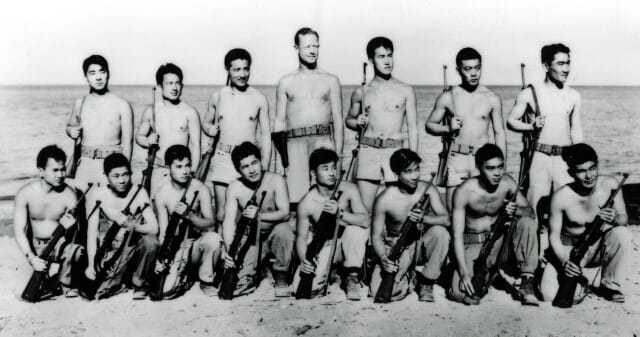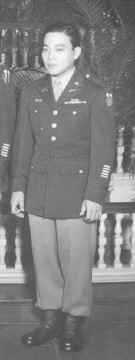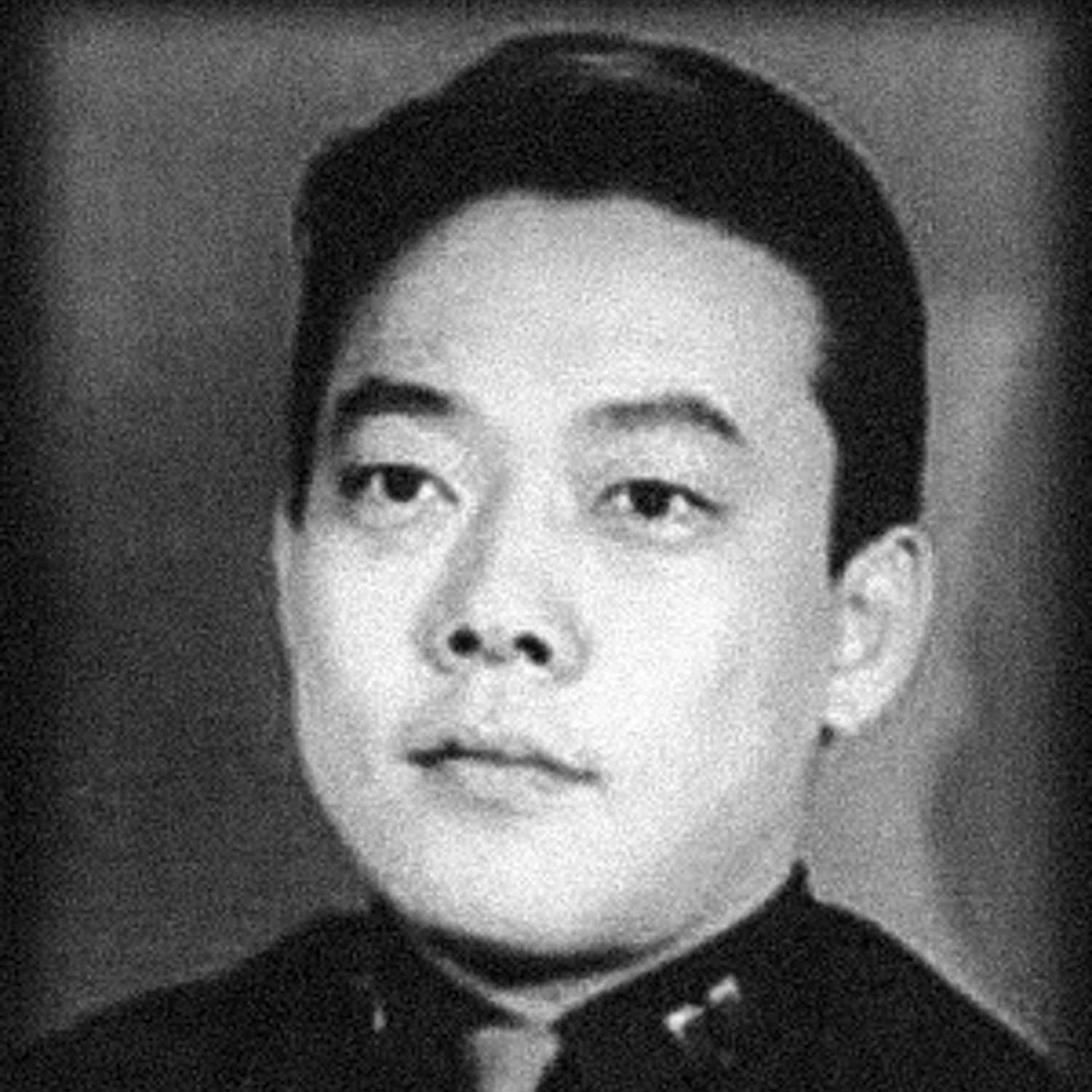During his six years working for the Central Intelligence Agency, Chiyoki “Chick” Ikeda was known for his talent with languages. He was also known as a true patriot.
On March 17, 1960, Chick died in a plane crash near Tell City, Indiana, while on a temporary duty assignment.
From Star Student to True Patriot
Chick was born in 1920 in Honolulu after his parents emigrated from Japan. At McKinley High School, Chick served as an active member of the student body in the National Honor Society. He graduated in 1938.
In 1941, Chick went to the University of Hawaii to study engineering, where he excelled in both his studies and in athletics. He played intramural football, basketball and baseball; he also enjoyed volleyball, tennis and golf, and was a two-year letterman in college track.
With the bombing of Pearl Harbor and the US entry into World War II, Chick’s world changed completely. In March 1943, he joined the US Army as an officer at the rank of second lieutenant. During the next several months, Chick completed military training.
World War II through the Cold War
In January 1944, the Army assigned Chick to serve in the Office of Strategic Services (the forerunner of today’s CIA). In addition to his military training, Chick was fluent in Japanese and English, and he had a basic proficiency in French and Chinese, which made him an attractive recruit for the OSS.

Chick at OSS training in Catalina, CA.
He received training in radio communications, weapons use and agent handling, and took a refresher course in Japanese. After completing his training requirements, Chick was assigned to the OSS unit in India, and later transferred to the unit in China. In the spring of 1945, Chick was promoted to captain and served as chief of an OSS field unit in China. He was awarded a Bronze Star for his service there.
After the war, Chick enrolled in an agent operations course at the Army’s Counterintelligence Corps Training School in Tokyo. During the next two years, he served as an Army intelligence officer, recruiting and handling agents.
Chick also helped screen returning Japanese POWs who had been held by the Soviets in Siberian camps since the end of the war. Chick managed the screening process that identified POWs who were trained by the Soviets to act as spies.
He trained and supervised the interrogators and organized teams to review the results of the screenings. Because of the program Chick managed, many Soviet agents were identified, helping thwart Moscow’s efforts to conduct espionage against US interests in postwar Japan.
Joining the Agency

With the end of World War II in 1945, President Harry Truman disbanded the OSS. Two years later, President Truman signed the National Security of Act of 1947, which established the CIA. The fledgling Agency began to seek out talented individuals who were dedicated to protecting the nation.
Chick’s experience from the war and superb language skills made him an ideal candidate for a job with the CIA. In 1950, the CIA tried to have Chick released from the military or detailed to the Agency. But, the start of the Korean War further delayed Chick’s release.
After the end of that war, Chick was discharged from the Army. The Agency immediately offered him a position as an operations officer in the Directorate of Plans (now the National Clandestine Service) in the Far East Division. In October 1954, Chick officially joined the CIA. During the next six years, Chick became a key player in his division and made many contributions to important operations.
The Ultimate Sacrifice
On March 17, 1960, Chick was on a temporary duty assignment in the United States. That day, he was a passenger on Northwest Airlines Flight 710, which was leaving Chicago. The plane, carrying 63 passengers, crashed near Tell City, Indiana. Everyone aboard the plane was killed.
Chick received a star on the Agency’s Memorial Wall on March 14, 1997. Then DCI George Tenet paid tribute to his accomplishments and sacrifices.
“Chick Ikeda knew the price of patriotism,” Tenet said. “He paid it willingly and dearly.”
Chick is survived by his wife, two sons, and two grandchildren.
Related Stories and Links:
Nisei Linguists: Japanese Americans in the Military Intelligence Service During World War II

